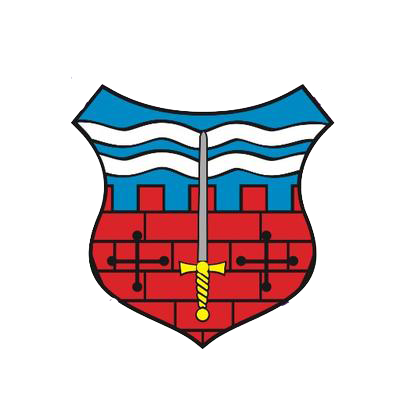How Minerva’s Junior Squad supports teenagers of all abilities
28th December, 2024
Minerva’s Junior Squad – run by Emma Puzey, Sue Lees and Coach James Nash, has grown from strength to strength over the past few years. Open to under 18s of any ability, the squad attracts a mix of genders from a wide range of local schools where rowing isn’t always a sporting option and sport isn’t always a choice teenagers would make.
So why rowing?
Rowing is a low-impact sport, so teenagers can engage in it without the higher risk of injury that often comes with contact sports or those requiring intense, repetitive jumping and running. It’s a sport that is suitable for all body types, making it inclusive and appealing to a diverse group of teenagers. It provides a full-body workout that engages nearly every muscle group, making it one of the most effective ways for teenagers to build strength, endurance, and cardiovascular fitness, and also an excellent outlet for excess energy, hyperactivity and restlessness.
“I’ve definitely become stronger, more co-ordinated and balanced” says Junior, Tallulah.
Not only does rowing provide a well-rounded workout, but it also boosts mental well-being and social skills. Teenagers often face stress from school, social pressures, and extracurricular activities. Rowing can serve as a powerful outlet for relieving stress and improving mental well-being. Like many forms of exercise, rowing stimulates the release of endorphins, known as the ‘feel-good’ hormones, which help combat anxiety and depression. Additionally, the repetitive, meditative nature of rowing can have a calming effect, offering teenagers a mental break from their daily pressures.
“During stressful exam years, when anxiety and pressure mounts, rowing offers our Juniors much needed escapism”, says squad leader Emma.
And it’s not just the physical exercise of rowing that is calming; focusing on the rhythm and technique of their strokes can help improve concentration, which can carry over to other areas of a teenager’s life, including schoolwork and social interactions. This is especially helpful to those with ADHD or autism: the steady and predictable nature of rowing can help provide sensory regulation, allowing teens to focus on a calming, repetitive task without feeling overwhelmed by environmental stimuli.
Teens’ social skills are enhanced by rowing too. As primarily a team sport, teenagers can benefit from working closely with others, developing strong communication skills, trust, and cooperation.
“Our Juniors have made many new friends outside of the school environment, both at Minerva and also at competitions, meeting other rowers of the same age and spending the day with them,” explains Emma.
Some Juniors also try out coxing and have gained invaluable skills for life.
“Learning to cox provides an incredible amount of life skills, especially for confidence in interviews for part time jobs or university applications,” continues Emma. “Coxing has enabled a number of juniors to experience managing a crew; they’ve learnt to provide encouragement and instructions, and to work on strategies to bring about the best performance and execute a plan. It gives the Juniors a perfect opportunity to take control and be the leader in a team.”
The Juniors learn to row in a very supportive environment where they can form strong friendships and feel part of a community. “I like rowing at Minerva because it’s a fun and friendly environment and I have made some lovely friends there. It’s also a relaxed place and stress free and i love going out on the river. I am so much happier since I’ve started rowing,” says Tallulah.
A sense of discipline, responsibility, and work ethic – all good life skills – are also named as side effects of rowing as a sport. The sense of accomplishment that comes from working together to achieve a goal—such as a strong race result—can boost self-esteem and confidence. Additionally, rowing provides a foundation for cross-training in other sports, as the strength and endurance developed in rowing can enhance performance in a variety of athletic activities.
Emma explains: “Rowing offers the Junior an unusual and appealing mixture: being out on the river, enjoying fresh air and nature and being away from social media and peer pressures, it provides calmness and escapism. But it also offers competition, the thrill of winning, a challenge, a goal to work towards and hard work and exercise; a chance to blow out. It’s a unique mix!”
And the success of the Minerva Junior Squad? “We offer complete support and security and encourage every area of progress. We must be doing something right,” says Sue Lees, “as they keep on turning up!”
